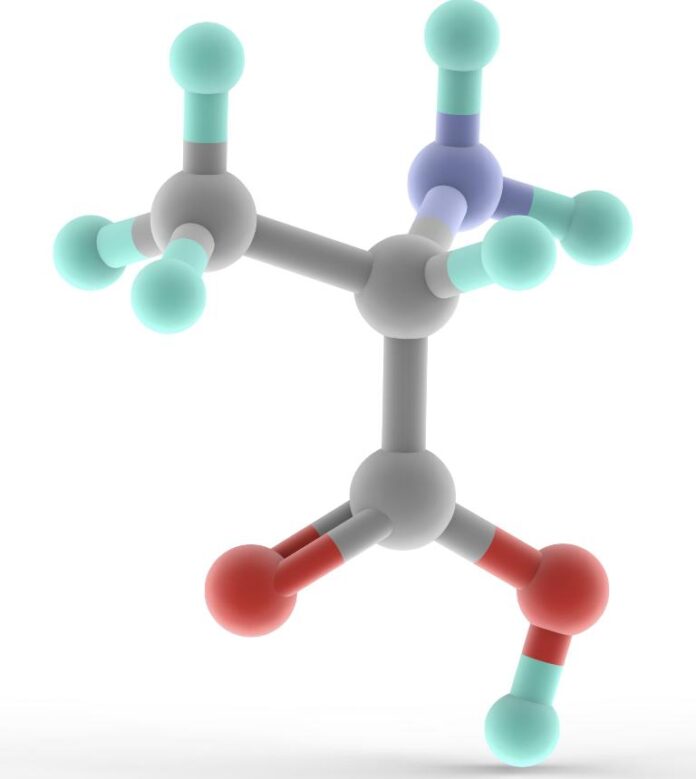Peptides have been a popular choice for performance-enhancing substances over the years. They are also increasingly being illegally included in online products. A doctor may prescribe peptide hormones such as luteinizing and chorionic gonadotrophin (CG), to treat various medical conditions.
It is important to be aware that athletes who are subject to anti-doping regulations must know that peptide hormones as well as releasing factors are strictly prohibited under the World Anti-Doping Agency’s (WADA) Prohibited List section S2.2. Here are six important things athletes and their support staff need to know about releasing factors and peptide hormones.
1. What are peptide hormonal compounds?
Peptide hormones can be described as hormones made up of small chains of amino acids. There are many peptide hormones that the body produces. They circulate in blood and bind with receptors on specific organs and tissues. The ovaries and placenta produce the peptide hormones CG, LH, and they play an important part in reproduction.
Examples of peptide hormones include growth hormone and corticotrophins. Corticotrophins trigger the release of cortisol which is a hormone that aids the body to cope with stress. Growth hormone regulates many tissues in the body.
2. What are secretagogues and releasing factors?
Secretagogues and releasing factors are substances that stimulate the body’s production and release of specific hormones. The pituitary gland releases LH when it detects an LH-releasing hormone in the blood. Many substances, both synthetic and natural, can trigger the release of hormones such as LH, CG and corticotrophins.
3. Are peptide hormones prohibited?
Section S2.2 of WADA Prohibited List prohibits the use of certain peptide hormones. This includes those that have anabolic or strength-enhancing effects. Each year the list of S2 agents is growing. A substance that has “a similar chemical composition or similar biological effect(s)” may still be banned.
Support personnel and athletes can quickly check the prohibited status for individual peptide hormones via GlobalDRO.com.
4. What are the uses of peptide hormones in medicine?
LH, CG and growth hormone can all be used therapeutically to treat fertility problems, growth issues or pituitary deficiency. Specifically, CG is used in IVF treatments to aid conception. LH and CG are stimulators of testosterone production in males.
Many gonadotropin-releasing hormones, such as goserelin and leuprolide (or triptorelin), are used to treat medical conditions such as breast cancer, prostate cancer and endometriosis.
Only a doctor should prescribe peptide hormones. The Food and Drug Administration (FDA), has not approved them for use as an over-the-counter treatment and they should not be used in dietary supplements.
5. What happens if my doctor prescribes hormonal treatment?
Always check the GlobalDRO.com prohibited status before you start any new medication or treatment. You might have to apply for a Therapeutic Use Exemption if your medication is banned. To confirm if they require a TUE, athletes should fill out the TUE Check Form.
This article was written by a peptide professional from Domestic Peptides. Looking for High-Quality Peptides and Research Chemicals for sale? Well, look no further. Welcome to Domestic Peptides where you’ll find a huge selection of Research Peptides for sale and Research Chemicals for Sale, all made in the USA.

